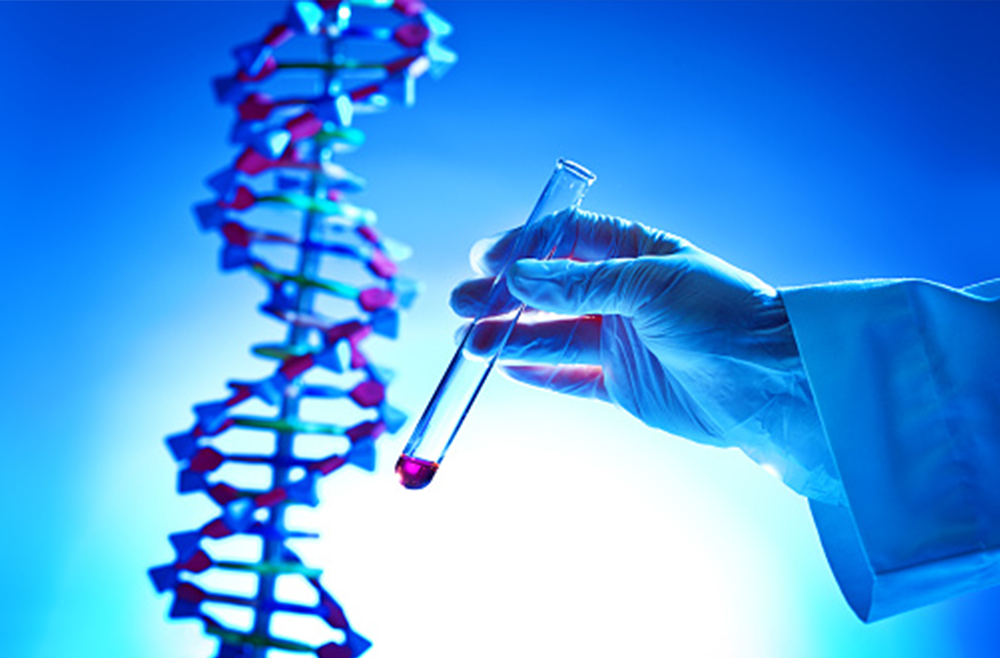Genetic testing has emerged as a revolutionary tool in modern medicine, providing insights into an individual’s health at the most fundamental level—their DNA. With advancements in technology, genetic testing can now detect the predisposition to various diseases, enabling early interventions and personalized healthcare. But what exactly is genetic testing, and how can it help in early detection? Let’s dive into how this powerful tool is changing the future of health and wellness.
What Is Genetic Testing?
Genetic testing involves analyzing an individual’s DNA to identify changes or mutations in genes, chromosomes, or proteins. These changes can reveal the risk of developing certain hereditary conditions, such as cancer, cardiovascular disease, or rare genetic disorders. This process can be done through a simple blood, saliva, or tissue sample, making it accessible and convenient for patients.
Genetic tests are not just limited to diagnosing inherited diseases. They can also identify traits related to drug response (pharmacogenomics), nutritional needs, and even ancestry. The comprehensive information provided by genetic tests offers a personalized approach to healthcare, which can lead to better prevention and treatment options.
Early Detection of Disease
One of the most significant benefits of genetic testing is the ability to detect diseases before symptoms appear. For example, if a person carries a genetic mutation associated with breast cancer (such as BRCA1 or BRCA2), they can take proactive steps like increased screenings or preventive surgeries to lower their risk. Early detection can be life-saving, particularly for conditions like:
- Cancer: Genetic testing can detect mutations linked to several cancers, including breast, ovarian, colorectal, and prostate cancers. Identifying these risks early allows for preventive care and regular monitoring.
- Cardiovascular Diseases: Certain genetic tests can identify mutations that lead to heart disease or other cardiovascular conditions, enabling lifestyle changes or treatments to prevent future issues.
- Rare Genetic Disorders: Parents can undergo genetic testing to detect hereditary conditions that could be passed on to their children, ensuring early diagnosis and treatment.
Personalized Medicine and Treatment
Genetic testing plays a pivotal role in personalized medicine. It allows healthcare providers to tailor treatments based on a patient’s genetic profile. For instance, pharmacogenetic testing can determine how a person will respond to specific medications. Some individuals may metabolize certain drugs too quickly or too slowly, affecting the effectiveness or causing side effects. With genetic information, doctors can prescribe medications and dosages that are more effective and safe for each patient.
Additionally, genetic testing can provide insights into optimal diet and exercise plans, helping individuals maintain their health in the long term. This personalized approach ensures that preventive measures and treatments are as effective as possible for the individual’s unique genetic makeup.
Ethical Considerations and Privacy
While genetic testing offers numerous benefits, it also raises ethical and privacy concerns. Many people worry about the potential misuse of genetic information, such as discrimination in employment or insurance coverage. Fortunately, laws like the Genetic Information Nondiscrimination Act (GINA) protect individuals from such abuses in many countries, ensuring that your genetic information remains confidential and secure.
It is also essential to seek proper counseling before and after genetic testing. Genetic counselors can help you understand the risks, benefits, and implications of the test results. They provide support in making informed decisions about your health and family planning.
Is Genetic Testing Right for You?
Deciding to undergo genetic testing is a personal choice that depends on several factors, including your family history, health concerns, and risk factors. If you have a family history of genetic diseases, early detection through genetic testing could provide life-saving information. Additionally, anyone interested in a more personalized approach to health—whether for optimizing fitness, diet, or medication—could benefit from genetic testing.
It’s important to consult with a healthcare provider or genetic counselor before deciding, as they can help determine which tests are most appropriate for your situation.
Conclusion: Genetic Testing as the Future of Health
As the field of genetics continues to evolve, genetic testing will likely become a cornerstone of preventive healthcare. By identifying risks early, genetic testing empowers individuals to take proactive measures in managing their health, offering an unprecedented level of personalization in medical care. Whether you are concerned about hereditary diseases or seeking to optimize your health through personalized strategies, genetic testing offers a glimpse into your biological blueprint—potentially altering the trajectory of your health for the better.





